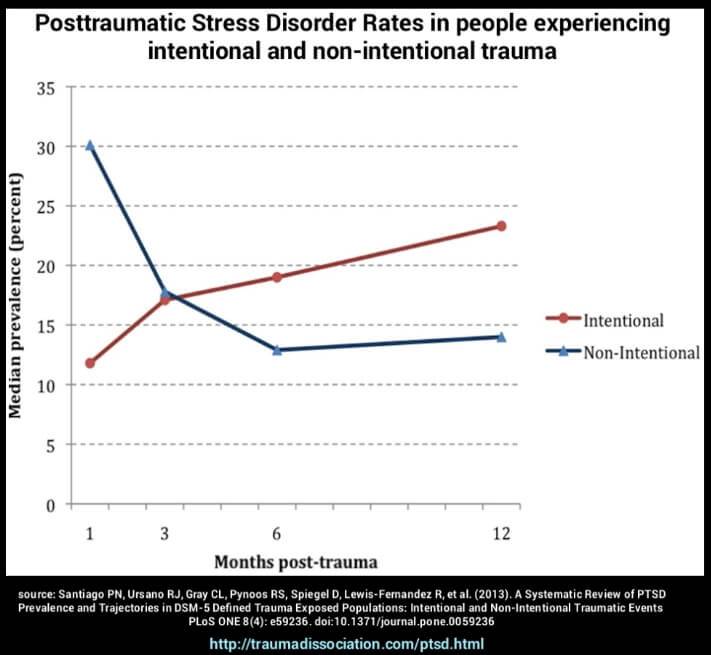Have you ever wondered who truly holds the reins when it comes to property tucked away in a revocable trust? Delving into the intricacies of trust ownership can reveal a fascinating landscape where control and ownership intertwine. Let’s explore the intricate web of ownership within a revocable trust and shed some light on who truly holds the keys to the castle.
Understanding the Basics of a Revocable Trust
In a revocable trust, the person who creates the trust, known as the grantor, retains ownership over the property held within the trust. This means that while the assets are placed in the trust for management purposes, the grantor still has control over them and can make changes or revoke the trust entirely if they wish. This flexibility is one of the key benefits of a revocable trust, allowing the grantor to adapt to changing circumstances or preferences.
Because the grantor maintains ownership of the property in a revocable trust, they can enjoy the benefits of the assets during their lifetime. This includes the ability to use, sell, or invest the assets as they see fit. Additionally, in the event of the grantor’s incapacity or death, the assets held in the trust can be easily transferred to the named beneficiaries without the need for probate. This streamlined process can help to avoid delays and additional costs for the beneficiaries.

Clarifying Ownership of Property in a Revocable Trust
When it comes to understanding ownership of property in a revocable trust, it’s important to clarify who holds the title to the assets. In a revocable trust, the person who creates the trust, known as the grantor, retains ownership of the property during their lifetime. This means that while the assets are placed in the trust for management purposes, the grantor still has control over them and can make changes to the trust or revoke it entirely.
Once the grantor passes away, the ownership of the property in the revocable trust is transferred to the beneficiaries named in the trust document. These beneficiaries receive the assets according to the instructions laid out in the trust, bypassing the need for probate. It’s essential for individuals considering a revocable trust to understand the ownership structure and how it impacts the distribution of assets after their passing.

Exploring Legal Rights and Responsibilities of Trust Beneficiaries
When it comes to a revocable trust, the ownership of property can be a bit tricky to navigate. While the trust creator (also known as the grantor) technically owns the property within the trust during their lifetime, the beneficiaries have certain rights that come into play upon the grantor’s passing. These rights and responsibilities can vary depending on the specific terms outlined in the trust document.
Some key considerations for beneficiaries of a revocable trust include:
- Distribution of Assets: Beneficiaries are entitled to receive their share of the assets as outlined in the trust document.
- Management of Trust: Beneficiaries may have a say in the management and administration of the trust, depending on the terms set forth.
- Legal Remedies: Beneficiaries have the right to take legal action if they believe the trustee is not fulfilling their duties or acting in the best interests of the beneficiaries.

Key Considerations for Managing Property in a Revocable Trust
When it comes to managing property in a revocable trust, one of the key considerations is understanding who owns the property within the trust. Unlike irrevocable trusts where the trustee has full ownership and control of the assets, in a revocable trust, the grantor retains ownership and control over the property. This means that while the assets are titled in the name of the trust, the grantor can amend, revoke, or dissolve the trust at any time.
Another important aspect to consider is the role of the trustee in managing the property held within the trust. The trustee is responsible for overseeing the assets, making distributions to beneficiaries, and ensuring that the terms of the trust are carried out according to the grantor’s wishes. It’s crucial to choose a reliable and trustworthy individual or institution to serve as trustee, as they will play a significant role in the administration of the trust.
In conclusion, understanding who owns the property in a revocable trust can provide clarity and peace of mind for both the grantor and beneficiaries. By establishing a revocable trust, individuals can ensure that their assets are protected and distributed according to their wishes. It is important to consult with a legal professional to properly set up and manage a revocable trust to ensure that your property is protected and passed on seamlessly to your loved ones. Embracing the power of a revocable trust can offer a sense of security and control over your assets, allowing you to confidently plan for the future.




